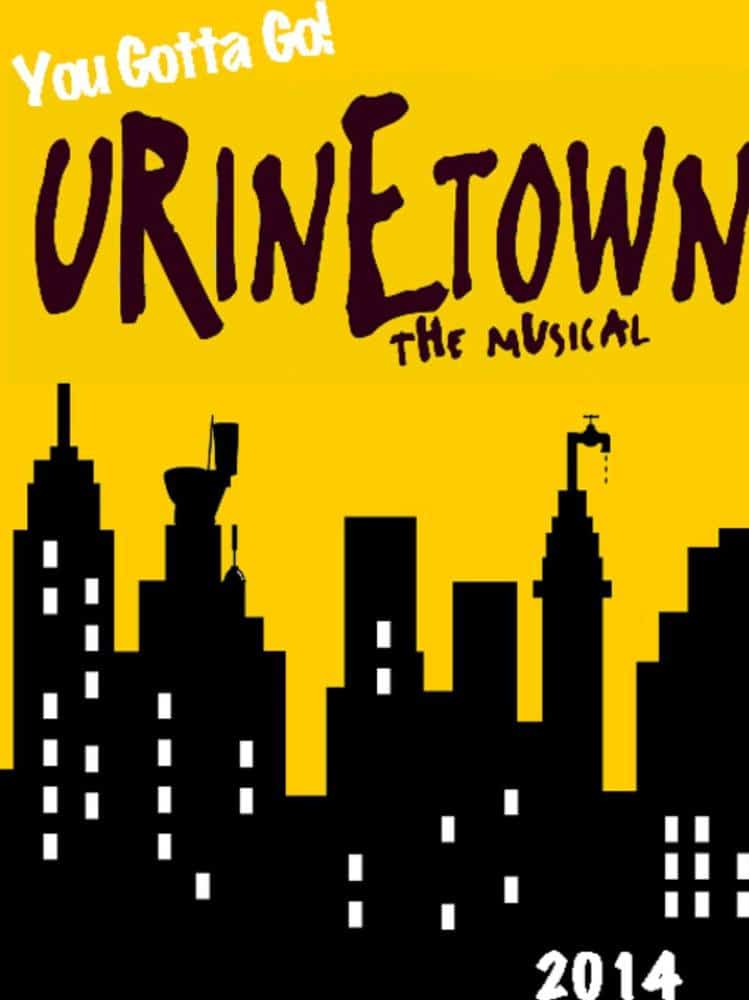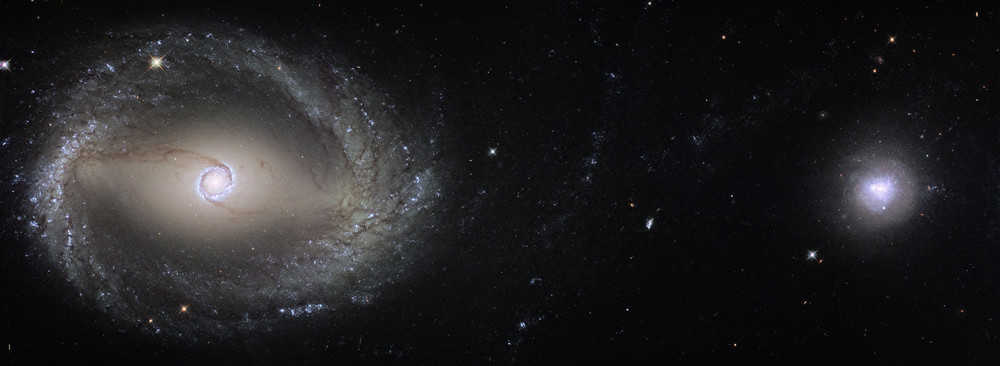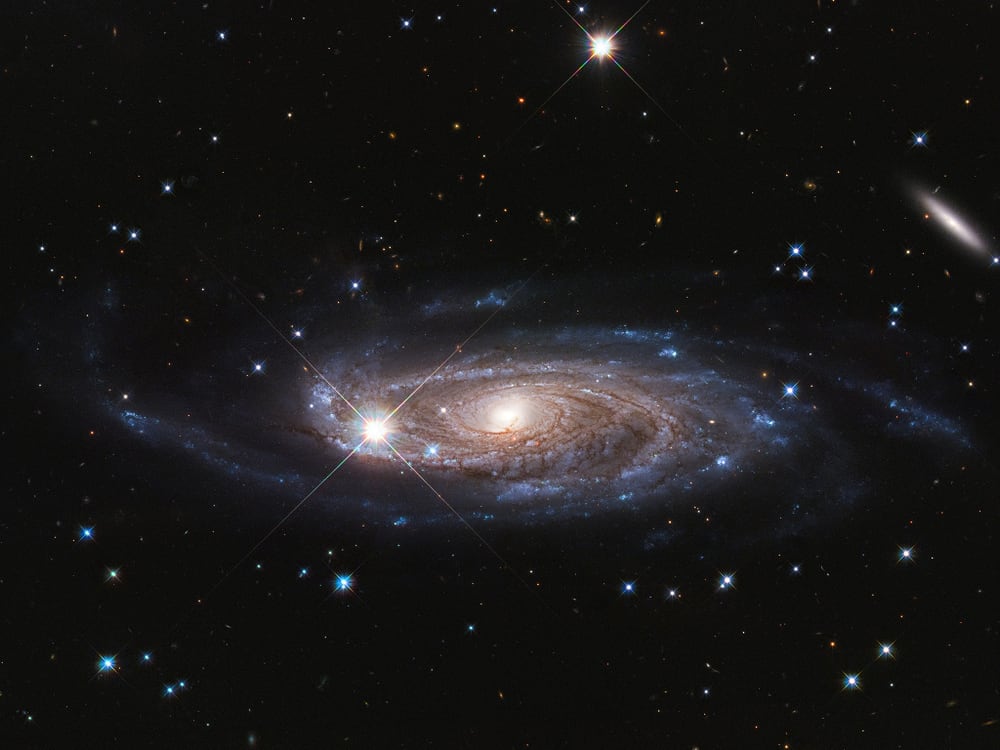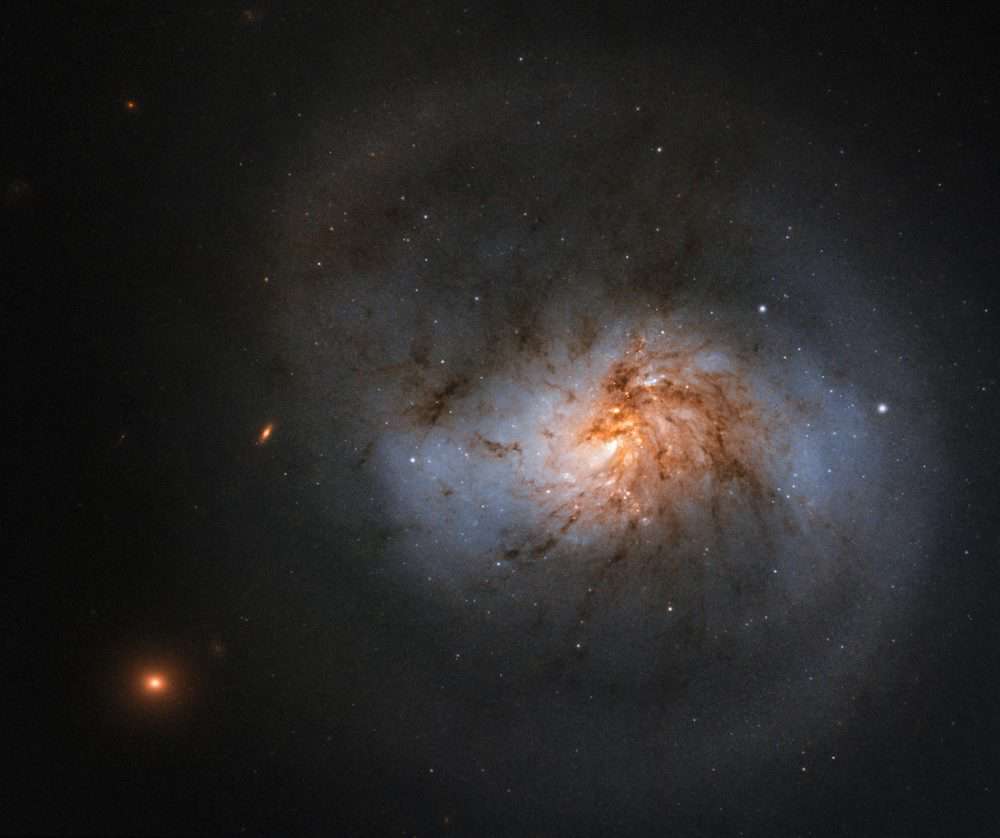Blog
Elmore James (January 27, 1918 – May 24, 1963) was an American blues guitarist, singer, songwriter and bandleader. He was known as “King of the Slide Guitar” and was noted for his use of loud amplification and his stirring voice. Elmore James was inducted into The Rock and Roll Hall of Fame in 1992 as an “Early Influence” inductee.
James was born Elmore Brooks in Richland, Holmes County, Mississippi, the illegitimate son of 15-year-old Leola Brooks, a field hand. His father was probably Joe Willie “Frost” James, who moved in with Leola, and Elmore took his surname. He began making music at the age of 12, using a simple one-string instrument (diddley bow, or jitterbug) strung on a shack wall. As a teen he performed at dances under the names Cleanhead and Joe Willie James. He married Minnie Mae about 1942.
James was influenced by Robert Johnson, Kokomo Arnold and Tampa Red. He recorded several of Tampa Red’s songs. He also inherited from Tampa Red’s band two musicians who joined his own backing band, the Broomdusters, “Little” Johnny Jones (piano) and Odie Payne (drums).There is a dispute about whether Johnson or James wrote James’s signature song, “Dust My Broom“. In the late 1930s, James worked alongside Sonny Boy Williamson II.
more...Oran Thaddeus “Hot Lips” Page (January 27, 1908 – November 5, 1954) was an American jazz trumpeter, singer, and bandleader. He was known as a scorching soloist and powerful vocalist.
Page was a member of Walter Page‘s Blue Devils, Artie Shaw‘s Orchestra and Count Basie‘s Orchestra, and he worked with Ma Rainey, Bessie Smithand Ida Cox. He was one of the five musicians who opened Birdland with Charlie Parker in 1949.
Oran Thadeus Page was born in Dallas, Texas to a schoolteacher and musician mother. He moved with his mother to Corsicana where he began attending Corsicana High School and later Texas College while also working at the oilfields. His very first gigs were in circuses and minstrel shows while also backing such blues singers as Ma Rainey, Bessie Smith, and Ida Cox. Page’s main trumpet influence was Louis Armstrong, though throughout his career he cited other local trumpeters, including Harry Smith (Kansas City) and Benno Kennedy (San Antonio) as being early influences.
In the mid-1920s, while still a teenager, he is believed to have appeared with Troy Floyd and His Orchestra in San Antonio, Texas and with Eddie and Sugar Lou, a dance band headquartered in Tyler, Texas, though no documentation has been unearthed to support his presence in either band. He also claimed to have appeared around 1925 with a band in Shreveport, Louisiana known as Goog and His Jazz Babies and with a band in New Orleans known as French’s Jazz Orchestra, though no documentation has been discovered.
In 1926, he caught the eye of the bassist Walter Page (no relation) who had recently assumed leadership of the Oklahoma City Blue Devils. It is believed that Oran Page joined the Blue Devils circa 1927, though no known documentation exists to support his presence with the band until the fall of 1928. He played and toured with the Blue Devils until the spring of 1931, when he joined the Bennie Moten Orchestra, the leading dance band of Kansas City.
https://www.youtube.com/watch?v=QPdDvfrmiBA
more...
Urinetown the Musical
An international water shortage causes pay to pee!
Theater 55 @ Illusion Theater
February 28 thru March 15th 2020
Music by Neal McIntosh, Jamie Carter, mick laBriola and more!

more...
This composite image, created out of two different pointings from Hubble, shows the barred spiral galaxy NGC 1512 (left) and the dwarf galaxy NGC 1510 (right). Both galaxies are about 30 million light-years away from Earth and currently in the process of merging. At the end of this process NGC 1512 will have cannibalised its smaller companion.
This newly released Hubble image shows the tiny galaxy NGC 1510 and its colossal neighbor NGC 1512 at the beginning of their lengthy merger.
The gravitational dance between two galaxies in our local neighborhood has led to intriguing visual features in both as witnessed in this new NASA/ESA Hubble Space Telescope image. The tiny NGC 1510 and its colossal neighbor NGC 1512 are at the beginning of a lengthy merger, a crucial process in galaxy evolution. Despite its diminutive size, NGC 1510 has had a significant effect on NGC 1512’s structure and amount of star formation.
Galaxies come in a range of shapes and sizes, and astronomers use this fact to classify them based on their appearance. NGC 1512, the large galaxy to the left in this image, is classified as a barred spiral, named after the bar composed of stars, gas and dust slicing through its centre. The tiny NGC 1510 to the right, on the other hand, is a dwarf galaxy. Despite their very different sizes, each galaxy affects the other through gravity, causing slow changes in their appearances.

Rokia Traoré (born January 26, 1974) is a Malian singer, songwriter and guitarist.
She made six albums between 1998 and 2016. Bowmboï (2003) won the Critics Award category at the BBC Radio 3 Awards for World Music in 2004[1] and Tchamantché (2008) won Victoires de la Musique World Music Album of the Year in 2009. Traoré won Best Artist in the Songlines Music Awards in 2009. She is a member of the Bambara ethnic group.
Traoré’s father was a diplomat and she travelled widely in her youth. She visited Algeria, Saudi Arabia, France and Belgium and was exposed to a wide variety of influences. Her hometown of Kolokani is in the northwestern part of Mali’s Koulikoro region.
While the Bambara have a tradition of griot performing at weddings, members of the nobility, such as Rokia, are discouraged from performing as musicians. Rokia attended lycée in Mali while her father was stationed in Brussels and started performing publicly as a university student in Bamako. She plays acoustic guitar as well as sings, and uses vocal harmonies in her arrangements which are rare in Malian music. She also plays ngoni (lute) and balafon.
In 1997 Traoré linked with Mali musician Ali Farka Touré which raised her profile.
more...
Clement Seymour “Sir Coxsone” Dodd CD (26 January 1932 – 4 May 2004) was a Jamaican record producer who was influential in the development of ska and reggae in the 1950s, 1960s and beyond. He was nicknamed “Coxsone” at school due to his talent as a cricketer (his friends compared him to Alec Coxon, a member of the 1940s Yorkshire County Cricket Club team).The Kingston-born Dodd used to play records to the customers in his parents’ shop. During a spell in the American South he became familiar with the rhythm and blues music popular there at the time. In 1954, back in Jamaica, he set up the Downbeat Sound System, being the owner of an amplifier, a turntable, and some US records, which he would import from New Orleans and Miami.
With the success of his sound system, and in a competitive environment, Dodd would make trips through the US looking for new tunes to attract the Jamaican public. While he did, his mother Doris Darlington would run the sound system and play the tunes. Dodd opened five different sound systems, each playing every night. To run his sound systems, Dodd appointed people such as Lee “Scratch” Perry, who was Dodd’s right-hand man during his early career, U-Roy and Prince Buster. When the R&B craze ended in the United States, Dodd and his rivals were forced to begin recording their own Jamaican music in order to meet the local demand for new music.
In 1959, he founded a record company called World Disc. In 1962, he produced the jazz record “I Cover the Waterfront” on the Port-O-Jam label, two of the musicians who played on the album, Roland Alphonso and Don Drummond became founding members of the Skatalites one year later. In 1963, he opened Studio One on Brentford Road, Kingston. It was the first black-owned recording studio in Jamaica. He held regular Sunday evening auditions in search of new talent, and it was here that Dodd auditioned Bob Marley, singing as a part of The Wailers. In the early 1960s, Dodd was producing ska hits by Toots and the Maytals, the Gaylads, and the Skatalites.
Dodd’s “You’re Wondering Now”, was initially recorded in 1964 by Andy & Joey in Jamaica and later covered by The Skatalites, The Specials and Amy Winehouse; it was also used as the theme tune for the British-French crime drama television series Death in Paradise. During the late 1960s and 1970s, the “Studio One sound” was synonymous with the sound of ska, rocksteady and reggae, and Dodd attracted some of the Jamaican new musicians, including Burning Spear, Ras Michael, Delroy Wilson, Horace Andy, Sound Dimension, and Sugar Minott.
more...Huey Pierce Smith, known as Huey “Piano” Smith (born January 26, 1934, New Orleans, Louisiana), is an American rhythm-and-blues pianistwhose sound was influential in the development of rock and roll.
His piano playing incorporated the boogie styles of Pete Johnson, Meade Lux Lewis, and Albert Ammons, the jazz style of Jelly Roll Morton and the rhythm-and-blues style of Fats Domino.[2] Steve Huey of AllMusic noted that “At the peak of his game, Smith epitomized New Orleans R&B at its most infectious and rollicking, as showcased on his classic signature tune, ‘Don’t You Just Know It.'” Smith was born in the Central City neighborhood of New Orleans. He was influenced by the innovative work of Professor Longhair. He became known for his shuffling right-handed break on the piano that influenced other Southern players.
Smith wrote his first song “Robertson Street Boogie”, named after the street where he lived, on the piano, when he was eight years old. He performed the tune with a friend, with the two billing themselves as Slick and Dark. Smith attended McDowell High School and Xavier University of Louisiana in New Orleans.
When Smith was fifteen, he began working in clubs and recording with his flamboyant partner, Eddie Jones, who rose to fame as Guitar Slim. When Smith was eighteen, in 1952, he signed a recording contract with Savoy Records, which released his first known single, “You Made Me Cry”. In 1953 Smith recorded with Earl King.
In 1955, Smith became the piano player with Little Richard‘s first band in sessions for Specialty Records. The same year he also played piano on several studio sessions for other artists, such as Lloyd Price. Two of the sessions resulted in hits for Earl King (“Those Lonely Lonely Nights”) and Smiley Lewis (“I Hear You Knocking“).
In 1957, he formed a band, Huey “Piano” Smith and His Clowns, with Bobby Marchan, and signed a long-term contract with Ace Records, represented by former Specialty record producerJohnny Vincent. They hit the Billboard charts with several singles in succession, including “Rockin’ Pneumonia and the Boogie Woogie Flu“.
The record was issued as “Rockin’ Pneumonia and the Boogie Woogie Flu Part 1” on the A-side, lyrics by John Vincent, and “Rockin’ Pneumonia and the Boogie Woogie Flu Part 2”, an instrumental, on the flip side. The record sold over one million copies, achieving gold disc status.
In 1958, Vin Records, a subsidiary of Ace Records, released a popular single, “Little Chickee Wah Wah”, with Clowns singer Gerri Hall, under the billing of Huey and Jerry. (This song is sometimes confused with the similarly titled 1956 single “Chickie Wah Wah”, by Bobby Marchan, which has entirely different lyrics, tempo, chord structure and melody; the Vincent-Smith composition is built around the melody of the old black children’s play song “Little Sally Walker.”)
Meanwhile, Ace Records released several more singles by Huey “Piano” Smith and His Clowns, including “We Like Birdland”, “Well I’ll Be John Brown”, and “Don’t You Know Yockomo” (a cover version of which, recorded by the New Zealand artist Dinah Lee, reached number 1 in both New Zealand and Australia in 1964).
more...Stéphane Grappelli (French pronunciation: [stefan ɡʁapɛli]; 26 January 1908 – 1 December 1997), born Stefano Grappelli, was a French-Italian jazzviolinist who founded the Quintette du Hot Club de France with guitarist Django Reinhardt in 1934. It was one of the first all-string jazz bands. He has been called “the grandfather of jazz violinists” and continued playing concerts around the world well into his 80s.
For the first three decades of his career, he was billed using a gallicised spelling of his last name, Grappelly, reverting to Grappelli in 1969. The latter, Italian spelling, is now used almost universally when referring to the violinist, including reissues of his early work.
Having written about American dancer Isadora Duncan, who was living in Paris, Ernesto appealed to her to care for his son. Stéphane was enrolled in Duncan’s dance school at the age of six, and he learned to love French Impressionist music. With the war encroaching, Duncan as an American citizen fled the country; she turned over her château to be used as a military hospital. Ernesto subsequently entrusted his son to a Catholic orphanage.
more...In this Hubble Space Telescope image the bright, spiky stars lie in the foreground toward the heroic northern constellation Perseus and well within our own Milky Way galaxy. In sharp focus beyond is UGC 2885, a giant spiral galaxy about 232 million light-years distant. Some 800,000 light-years across compared to the Milky Way’s diameter of 100,000 light-years or so, it has around 1 trillion stars. That’s about 10 times as many stars as the Milky Way. Part of a current investigation to understand how galaxies can grow to such enormous sizes, UGC 2885 was also part of astronomer Vera Rubin’s pioneering study of the rotation of spiral galaxies. Her work was the first to convincingly demonstrate the dominating presence of dark matter in our universe.

Antônio Carlos Brasileiro de Almeida Jobim (January 25, 1927 – December 8, 1994), also known as Tom Jobim (Portuguese pronunciation: [tõ ʒoˈbĩ]), was a Brazilian composer, pianist, songwriter, arranger and singer. Widely considered as one of the great exponents of Brazilian music, Jobim internationalized bossa nova and, with the help of important American artists, merged it with jazz in the 1960s to create a new sound with remarkable popular success. As such he is sometimes known as the “father of bossa nova”.
He was a primary force behind the creation of the bossa nova style, and his songs have been performed by many singers and instrumentalists within Brazil and internationally.
In 1965 his album Getz/Gilberto was the first jazz album to win the Grammy Award for Album of the Year. It also won for Best Jazz Instrumental Album – Individual or Group and for Best Engineered Album, Non-Classical. The album’s single “Garota de Ipanema” (“The Girl from Ipanema”), one of the most recorded songs of all time, won the Record of the Year. Jobim has left many songs that are now included in jazz and pop standard repertoires. The song “Garota de Ipanema” has been recorded over 240 times by other artists. His 1967 album with Frank Sinatra, Francis Albert Sinatra & Antônio Carlos Jobim, was nominated for Album of the Year in 1968. Antônio Carlos Jobim was born in the middle-class district of Tijuca in Rio de Janeiro. His father, Jorge de Oliveira Jobim (São Gabriel, Rio Grande do Sul, April 23, 1889 – July 19, 1935), was a writer, diplomat, professor and journalist. He came from a prominent family, being the great nephew of José Martins da Cruz Jobim, senator, privy councillor and physician of Emperor Dom Pedro II. While studying medicine in Europe, José Martins added Jobim to his last name, paying homage to the village where his family came from in Portugal, the parish of Santa Cruz de Jovim, Porto.
Benny Golson (born January 25, 1929) is an American bebop/hard bop jazz tenor saxophonist, composer, and arranger. He came to prominence with the big bands of Lionel Hampton and Dizzy Gillespie, more as a writer than a performer, before launching his solo career. Golson is known for co-founding and co-leading The Jazztet with trumpeter Art Farmer in 1959. From the late 1960s through the 1970s Golson was in demand as an arranger for film and television and thus was less active as a performer, but he and Farmer reformed the Jazztet in 1982.
In addition to “I Remember Clifford“, many of Golson’s compositions have become jazz standards including “Blues March“, “Whisper Not“, and “Killer Joe”.
While in high school in Philadelphia, Golson played with several other promising young musicians, including John Coltrane, Red Garland, Jimmy Heath, Percy Heath, Philly Joe Jones, and Red Rodney. After graduating from Howard University, Golson joined Bull Moose Jackson‘s rhythm and blues band; Tadd Dameron, whom Golson came to consider the most important influence on his writing, was Jackson’s pianist at the time.
From 1953 to 1959 Golson played with Dameron’s band and then with the bands of Lionel Hampton, Johnny Hodges, Earl Bostic, Dizzy Gillespie, and Art Blakey and the Jazz Messengers with whom he recorded the classic Moanin’ in 1958.
more...Substitute Teaching after school Percussion Class’s
Friends School of MN
1365 Englewood Ave, St Paul, MN
3pm
This peculiar galaxy, beautifully streaked with tendrils of reddish dust, is captured here in wonderful detail by the NASA/ESA Hubble Space Telescope. The galaxy is known as NGC 1022, and is officially classified as a barred spiral galaxy. You can just about make out the bar of stars in the center of the galaxy in this image, with swirling arms emerging from its ends. This bar is much less prominent than in some of the galaxy’s barred cousins and gives the galaxy a rather squat appearance; but the lanes of dust that swirl throughout its disc ensure it is no less beautiful.
NGC 1022 is a barred spiral galaxy located at approximately 66 million light years away in the constellation of Cetus. It was discovered on September 10, 1785 by William Herschel.

More Posts
- Jim Zieba “Sitting back and enjoying the music”
- Nothando Zulu doesn’t separate the artist from the community
- Chris Johnson: He Gets Paid by the Rest
- Johnna Morrow: Survival Through Diversification
- Kevin Washington: Jumping Out of the Box
- Milo Fine: Composing in Real Time
- Homewood Studios: You Do Not Have to Leave the Community to Find Great Art
- David Harris: Music Builds Community
- Jamie Carter: Music is a Reflection of Life
- Merlin Brunkow-Bronco Keeps on Playing
- Scott Nieman-Music Brings People Together Locally and Globally
- KARIBUNI
- Maqam
- Ancestor Energy
- Maroons
- Mojo Roots
- Voices of Sepharad
- Beau Koo Jacks
- World Cafe International
- Mojo Roots: Prakriti’s Kiss